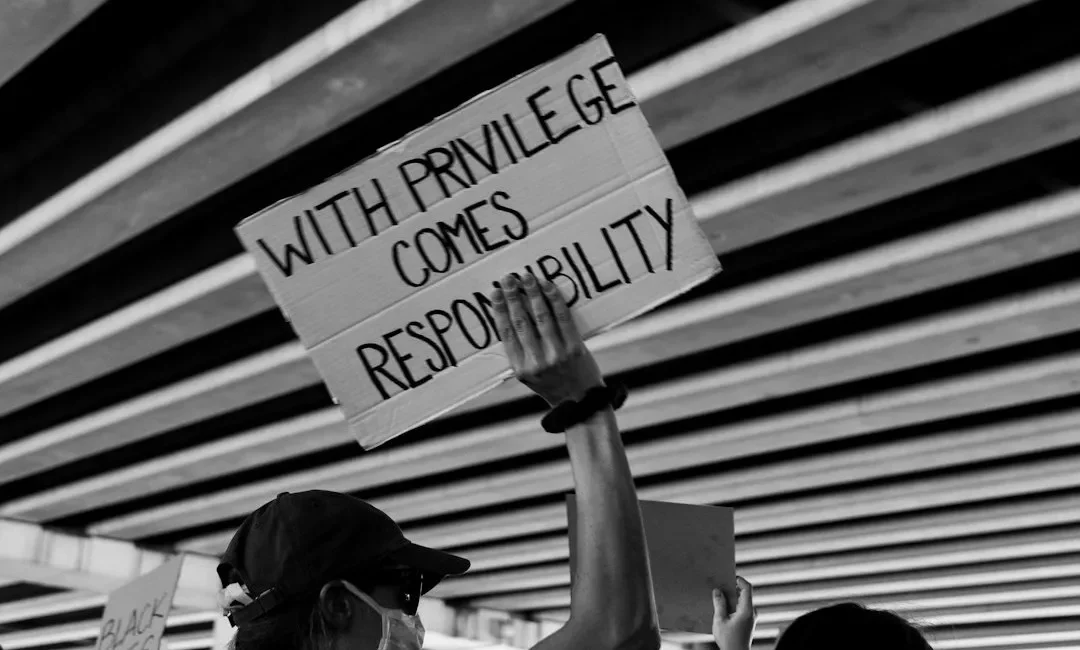Praxis: an introduction
Praxis: / prack•suhz /
the practical application of theory
For years, like many, I raged against the machine on the internet, calling out injustices, naming white supremacy, and reading all the bell hooks I could get my hands on. As a social worker, I’ve been vocal about the ways systemic oppression shapes mental healthcare in America, from access to diagnosis and treatment. I’ve been direct in my critiques of social work education, naming the ways our institutions uphold white supremacy and leave students unprepared to serve diverse communities.
The Theories are Promising
I became a social worker because I admired the foundational theories of the profession. Systems theory, for example, reminds us that people don’t exist in a vacuum, but that we are all shaped by and connected to families, communities, governments, and global systems. This theory affirms the symbiotic relationship between individual people and the world around us. (Example: global warming impacts the individual, and the individual impacts global warming)
The Social work profession is also clear (sometimes, as mud) about systemic oppression. Our Code of Ethics calls on us to understand the impact of racism, ableism, patriarchy, and homophobia. We are expected not to ignore these forces but to challenge the norms and systems that maintain inequities.
But Do We Practice What We Preach?
Here’s where I consistently feel frustrated: we learn these theories, we nod our heads in agreement, but then we practice in ways that contradict everything we claim to believe. We know poor people aren’t poor because they are lazy or morally flawed, but do we service and treat them like we know that this is true? Are we “helping” people by preaching how they need to be more responsible, fix their lives, and make better choices - all without any acknowledgement of the barriers poverty creates? Or without consideration for how poverty impacts a person’s mind and perspective?
I am trying to push my colleagues to move from understanding and into action. We get the theory, but what does it look like to take this theory and put it into action? How can we take what we know about systems and oppression and allow it to shape the care we provide?

